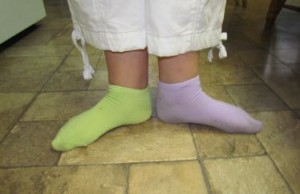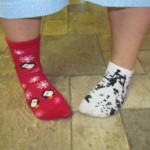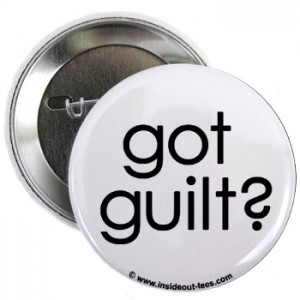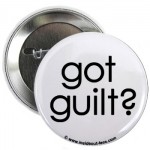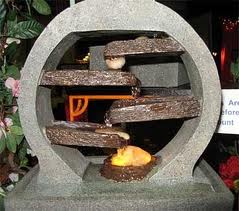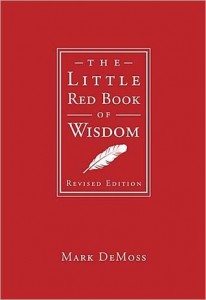Everybody is different. We each have our own values. We each have our own tastes. We each have our own preferences.
And sometimes it is not enough to “be” an individual and “have” our own preferences. Sometimes we need to express our individuality.
The most common way people express their individuality is through fashion (and much less socially disruptive than graffiti or vandalism or public disturbances). While following the whims of fashion is probably the way people show the most lack of individuality – everybody’s tastes changing in unison – rejecting a fashion norm or breaking out one’s own fashion trend is one of the best ways to say, “Hey, I’m me.”
My elder daughter brought this home to me a few months back when I noticed that she was no longer capable of finding two socks in her drawer that matched. It seems that if a matching pair was found, she would hunt it to extinction. Wearing two non-matching pairs became her small way of saying, , “Hey, I’m me” without being too disruptive to those people around her.
She kindly agreed to model some of her choices over a two-week period for this post. As you can see, variety is not something she lacks. If I tried mixing up my socks, chances are that nobody would know the difference. But here the difference is plain to see.
READ ALSO: Do you personalize?
This post was featured in the Carnival of Creativity.


